The Rivalry That Hit Pause
Back in the not-too-distant past, owning a console felt like wearing team colors. Every living room had its champion, every sleepover sparked a debate, and friendships occasionally survived the aftermath. Fast forward to now, the vibe’s different. What once fueled arguments and bragging rights now feels like nostalgia tucked behind digital updates and shared gaming nights. So, here are 20 signs that old console rivalries are slowly fading away.
1. Studios Embrace Multi-Platform Game Launches
Studios are breaking old loyalties as multi-platform game launches become the new normal. For instance, Tekken 8 proved it by uniting players across consoles once locked in rivalry. Xbox Game Studios pushed further, bringing its titles to PC and cloud systems.
2. Cross-Play Becomes The Industry Norm
The industry has entered a new era where competition means connection, not separation. Fortnite led the charge, linking PlayStation and Xbox players in shared arenas. Over time, Overwatch 2 followed, bridging nearly every major system.
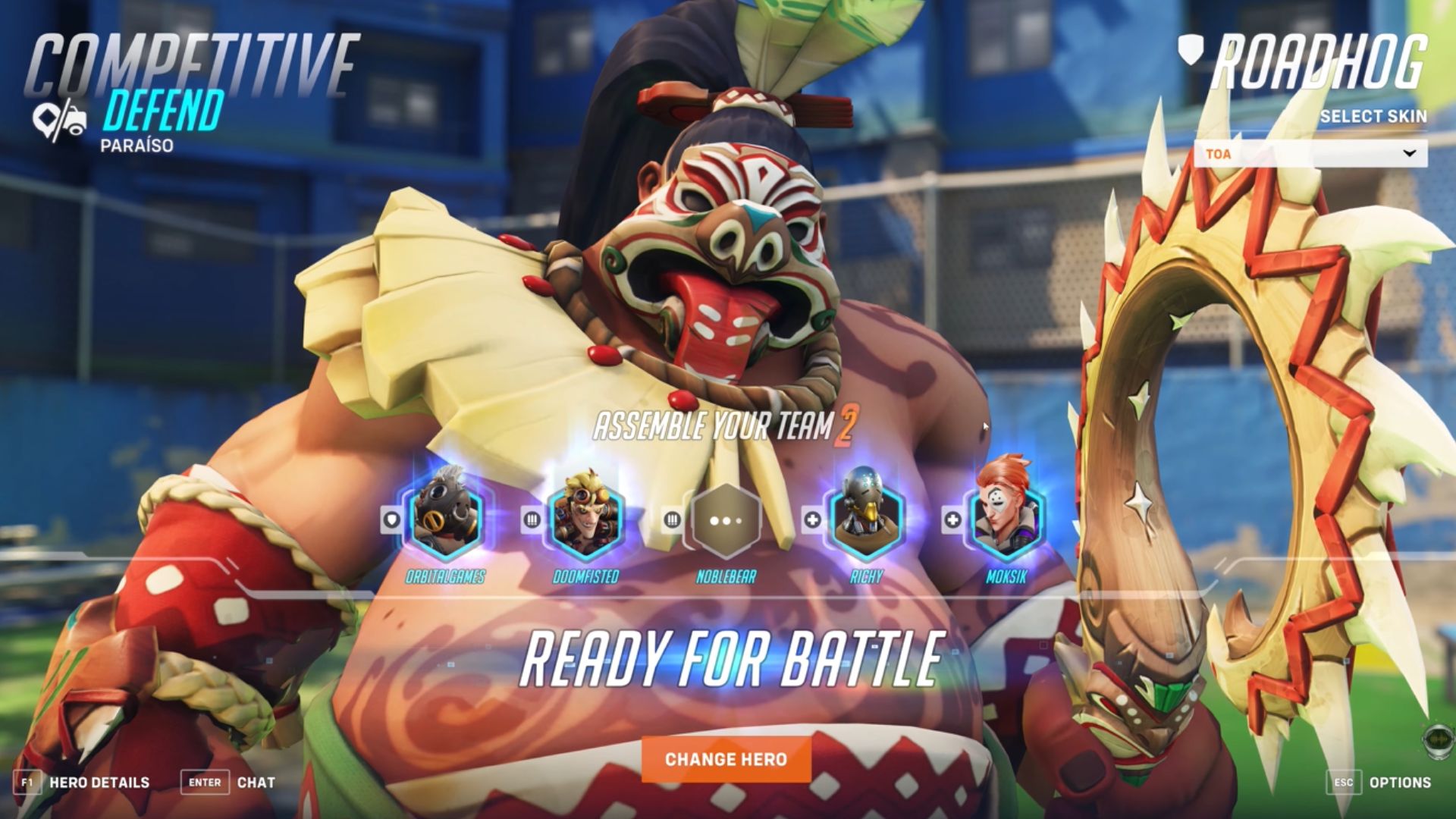 Overwatch 2 Gameplay (No Commentary) 4K by Orbital Gameplay
Overwatch 2 Gameplay (No Commentary) 4K by Orbital Gameplay
3. Cross-Progression Turns Standard For Gamers
Cross-progression functionality enables continuous player advancement across platforms. This capability has shifted from optional to essential in top cross-play titles. For instance, Destiny 2 demonstrates full implementation, while Apex Legends represents partial adoption.
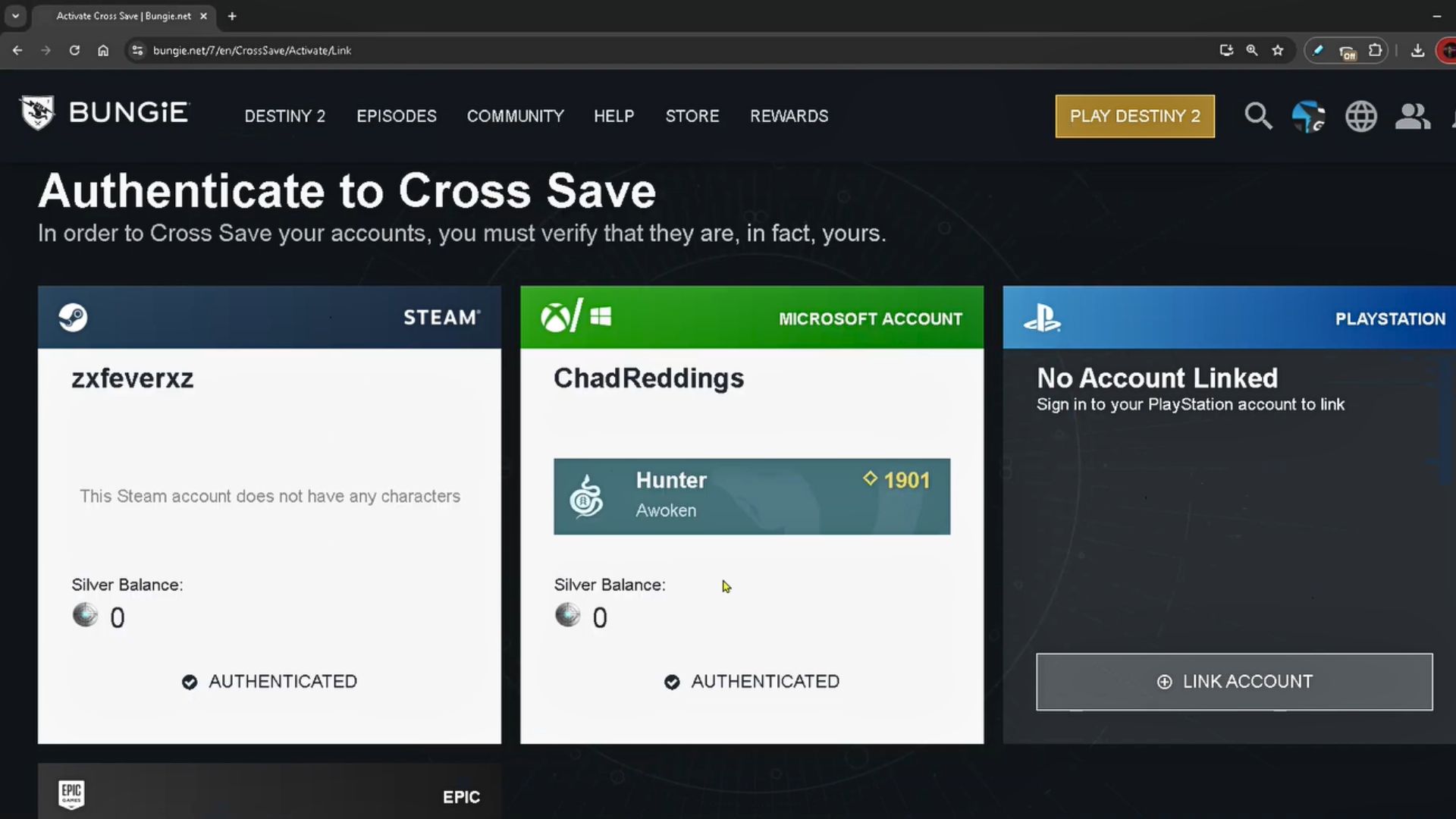 How To Link Account For Cross Progression On Destiny 2 - Easy Guide by Chad Reddings
How To Link Account For Cross Progression On Destiny 2 - Easy Guide by Chad Reddings
4. Exclusives Arrive On Rival Consoles
Exclusive titles no longer define hardware dominance—they now symbolize shared access. Studios recognize that expanding to rival consoles grows audiences and strengthens communities. What was once a battle for bragging rights has shifted into a collective effort to make great games available to everyone.
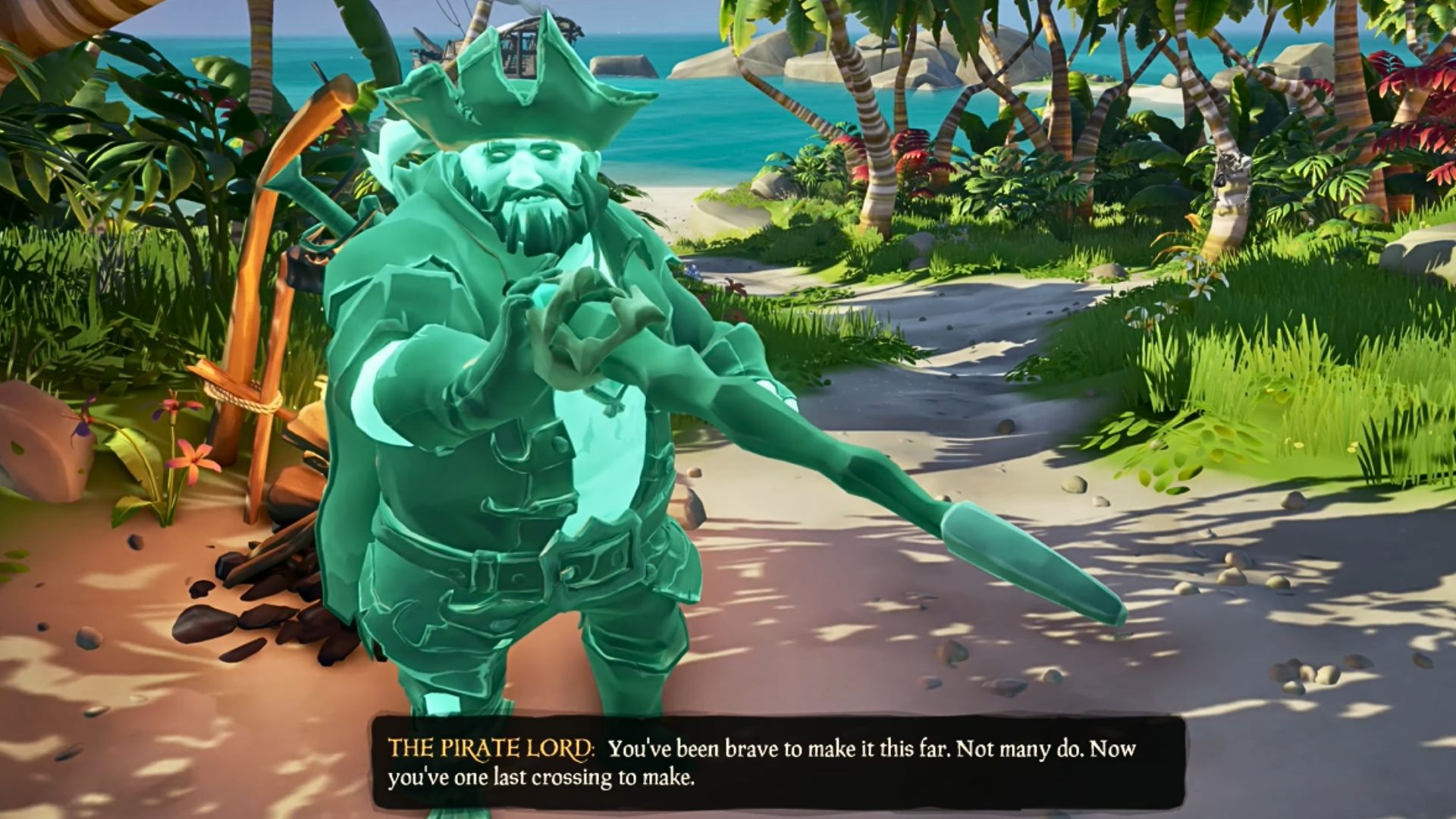 SEA OF THIEVES PS5 Gameplay - Xbox Game on PlayStation ??? by GameRiot
SEA OF THIEVES PS5 Gameplay - Xbox Game on PlayStation ??? by GameRiot
5. Console Makers Bring Titles To PC
The untapped revenue potential of PC gaming has emerged as a transformative force in the industry's economics. Today, platform titans like Sony and Microsoft, historically wedded to console exclusivity, have pivoted to embrace PC releases—first through delayed launches, then evolving toward simultaneous cross-platform deployments for their premium first-party titles.
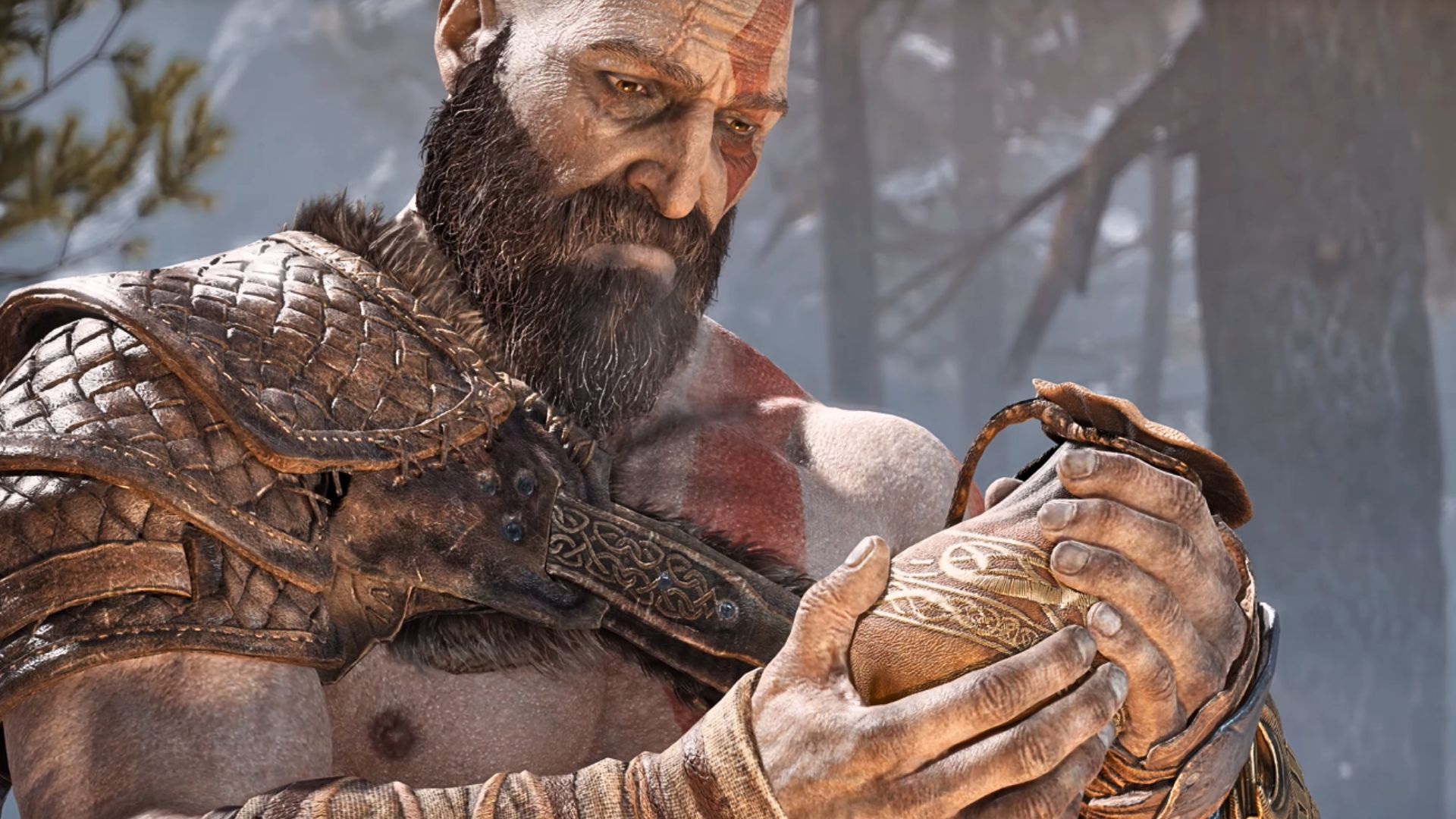 2$GOD OF WAR PC Gameplay Walkthrough Part 1 (4K 60FPS ULTRA SETTINGS) No Commentary by Shirrako
2$GOD OF WAR PC Gameplay Walkthrough Part 1 (4K 60FPS ULTRA SETTINGS) No Commentary by Shirrako
6. Subscriptions Expand Beyond Consoles
Subscription models are breaking the old console barriers. Plus, services like Xbox Game Pass and PlayStation now extend across PCs and cloud platforms, creating one shared library of experiences. And players no longer need specific hardware to enjoy new titles, as convenience redefines what gaming ownership means today.
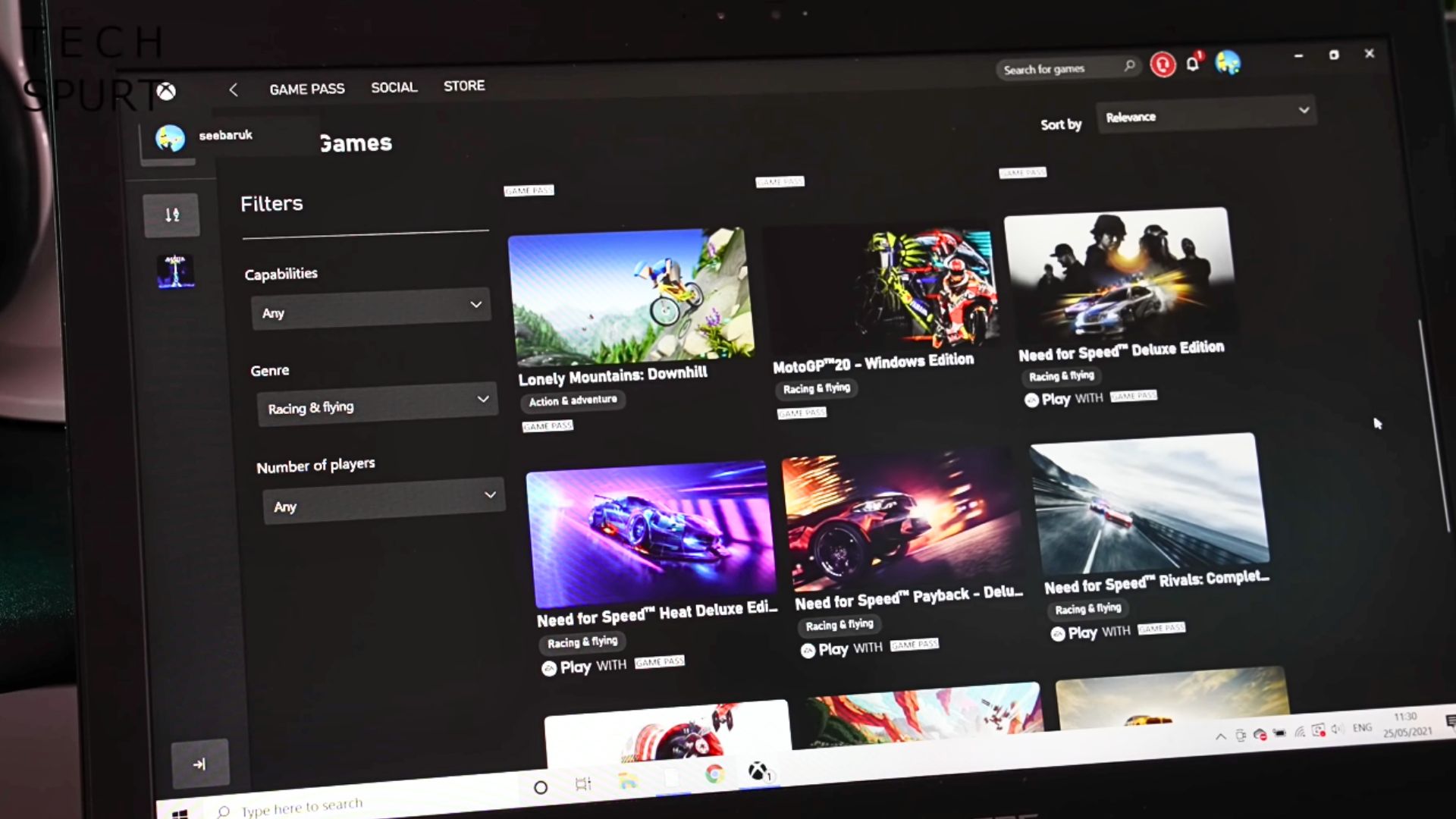 Xbox Game Pass for PC (Ultimate) | How to Setup, Best Games & Tips by Tech Spurt
Xbox Game Pass for PC (Ultimate) | How to Setup, Best Games & Tips by Tech Spurt
7. Cloud Gaming Reduces Hardware Dependency
Your everyday devices are quietly morphing into gaming powerhouses through cloud technology. Smart TVs now stream console-quality games via Xbox Cloud Gaming and GeForce NOW, while mobile phones handle AAA titles with ease. Even basic Chromebooks can deliver premium gaming experiences without demanding expensive hardware upgrades.
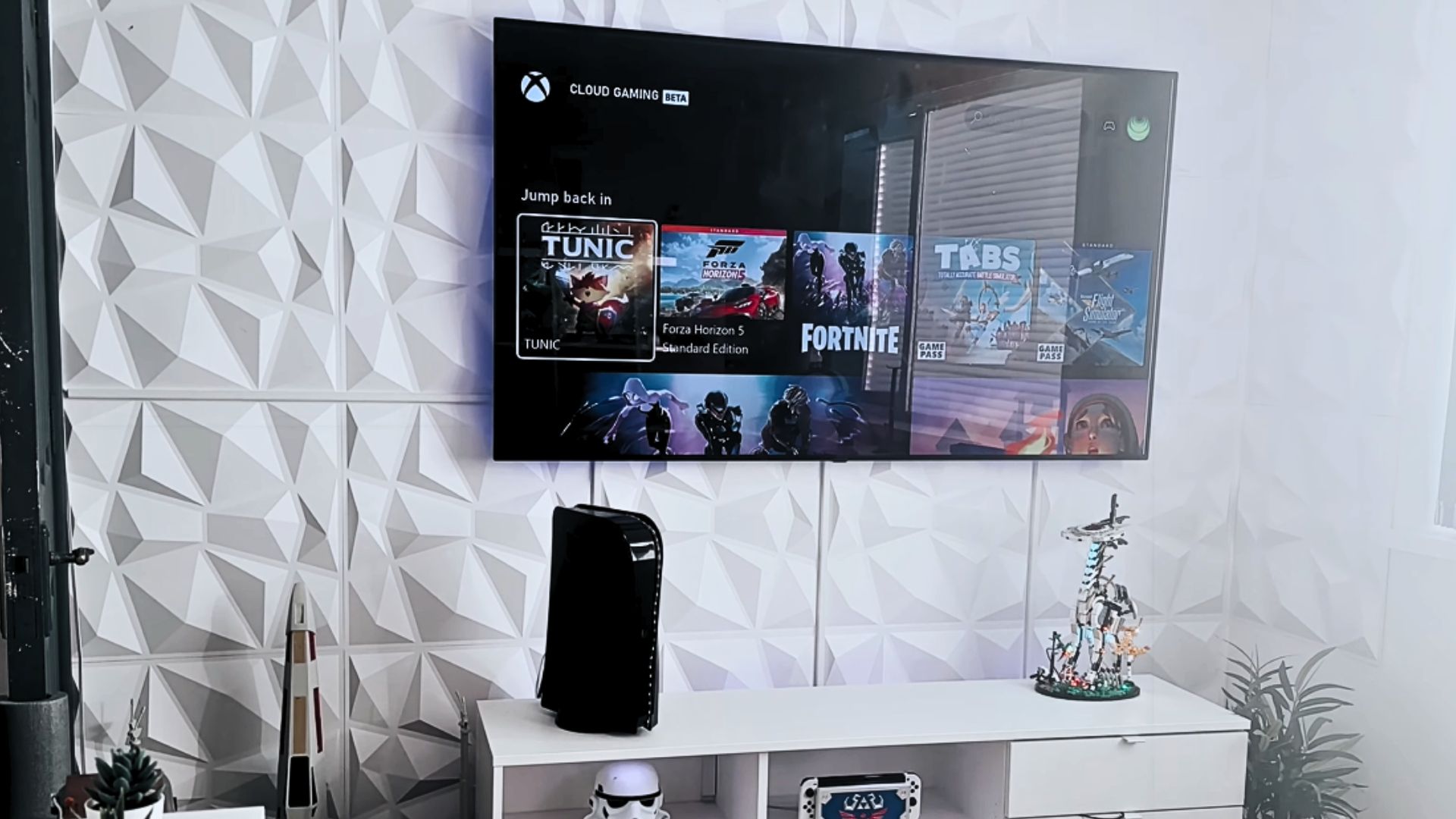 Play Xbox GamePass games on your LG TV via XCloud. by Main Cave
Play Xbox GamePass games on your LG TV via XCloud. by Main Cave
8. Xbox And PlayStation Unite On The Cloud
The 2019 Sony-Microsoft cloud partnership represents a calculated strategic pivot in gaming's competitive scenario. By leveraging Azure infrastructure and exploring AI solutions together, these console rivals effectively fortified against tech giants Google and Amazon's gaming ambitions.
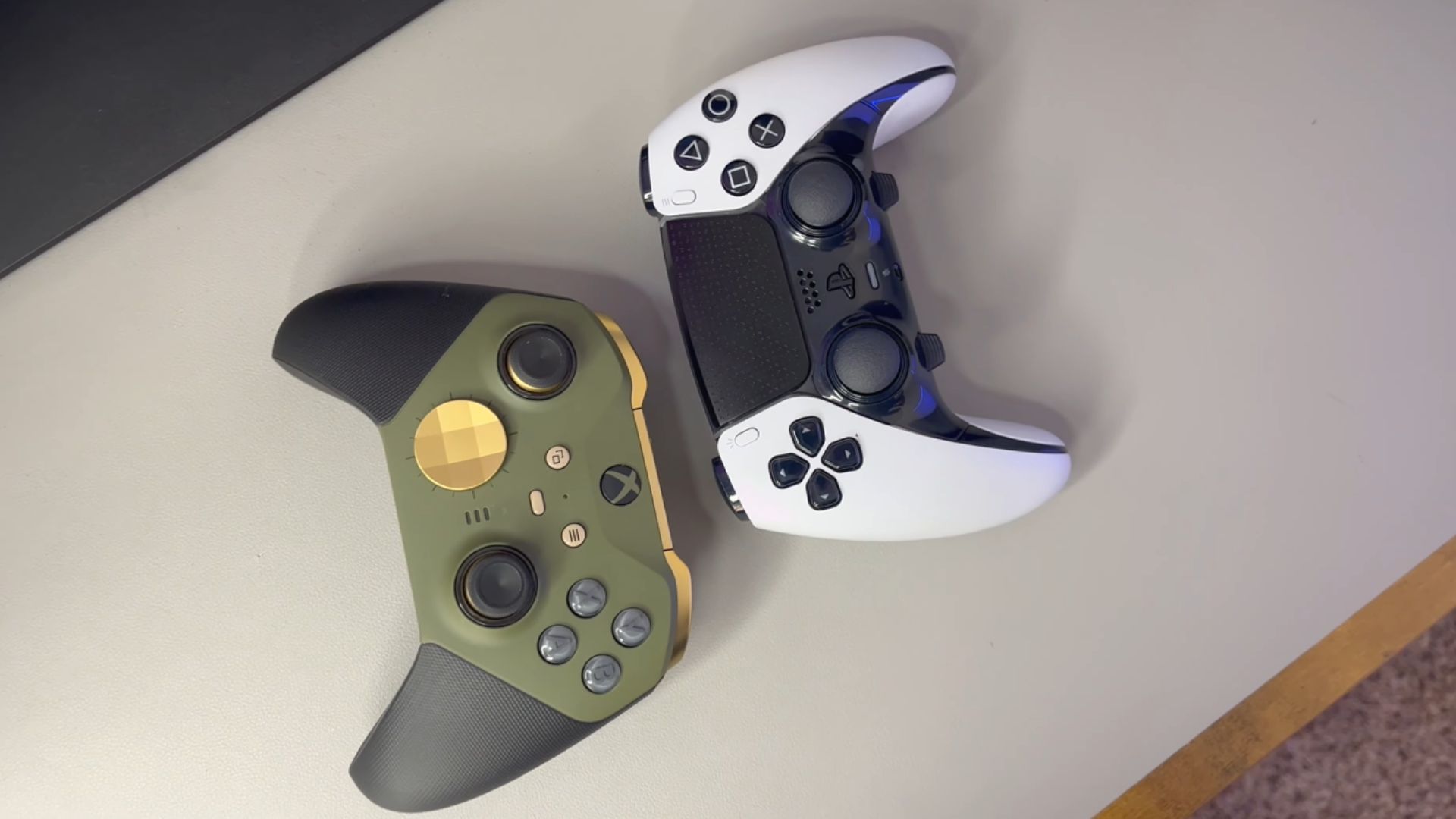 Xbox VS PlayStation 5 Controller in 2024 (Honest Review) by Rendon Radar
Xbox VS PlayStation 5 Controller in 2024 (Honest Review) by Rendon Radar
9. Nintendo Opens Doors To Collaboration
Nintendo is quietly reshaping its legacy of independence into one of connection. With the Switch 2 on the horizon, the company’s growing collaborations signal a bold shift in philosophy. Plus, integrations and partnerships now define its strategy, revealing a Nintendo that values cooperation as much as creativity.
10. Publishers Prioritize Reach Over Loyalty
Publishers are chasing audiences, not allegiances. The focus has moved from brand loyalty to global accessibility, where success depends on how many players can connect, not which console they use. In short, expanding across every available platform now defines the business model.
11. Decline In Console-Exclusive Blockbuster Titles
The era of console-defining blockbusters is fading as exclusivity loses its grip. Platform giants still cling to signature titles, yet the tide is shifting toward accessibility. Even long-guarded franchises now broaden their reach, signaling a balance between brand identity and the growing demand for shared gaming experiences.
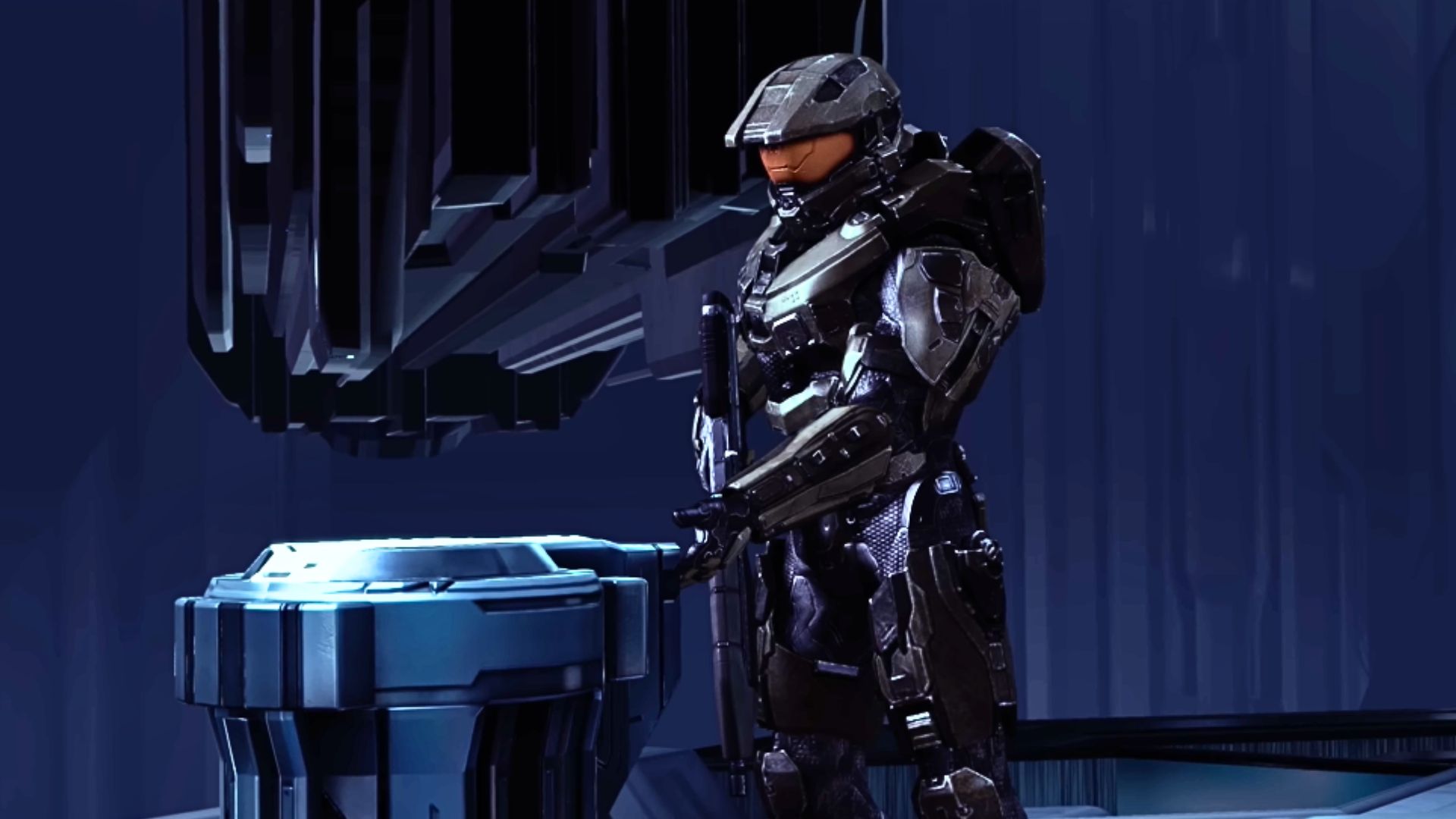 Halo: The Master Chief Collection PC Announcement by HALO
Halo: The Master Chief Collection PC Announcement by HALO
12. Shared Engines Bridge All Platforms
Shared game engines have erased many of the barriers between platforms. Tools like Unity and Unreal Engine now let developers build once and deploy everywhere. This shared foundation boosts efficiency, reduces development costs, and ensures that creative ideas reach players faster.
 Genshin Impact Gameplay (PC UHD) [4K60FPS] by Throneful
Genshin Impact Gameplay (PC UHD) [4K60FPS] by Throneful
13. Rise Of Cross-Platform Esports Tournaments
Esports is breaking free from its platform silos as cross-platform tournaments reshape competition. Once limited by hardware divides, professional gaming now embraces inclusivity and shared stages. Fortnite pioneered this shift, proving that fairness and unity can coexist, and that the future of esports lies in global, interconnected arenas.
 Fortnite Battle Royale Chapter 6 Season 4: Shock 'N Awesome | Launch Trailer by Fortnite
Fortnite Battle Royale Chapter 6 Season 4: Shock 'N Awesome | Launch Trailer by Fortnite
14. Marketplaces And Launchers Converge Online
Digital marketplaces are merging into unified hubs where access matters more than allegiance. Platforms like Steam and Epic Games Store blur the old lines between systems, connecting friends and libraries across devices. Total cross-platform ownership isn’t here yet, but the convergence marks a decisive step toward gaming without borders.
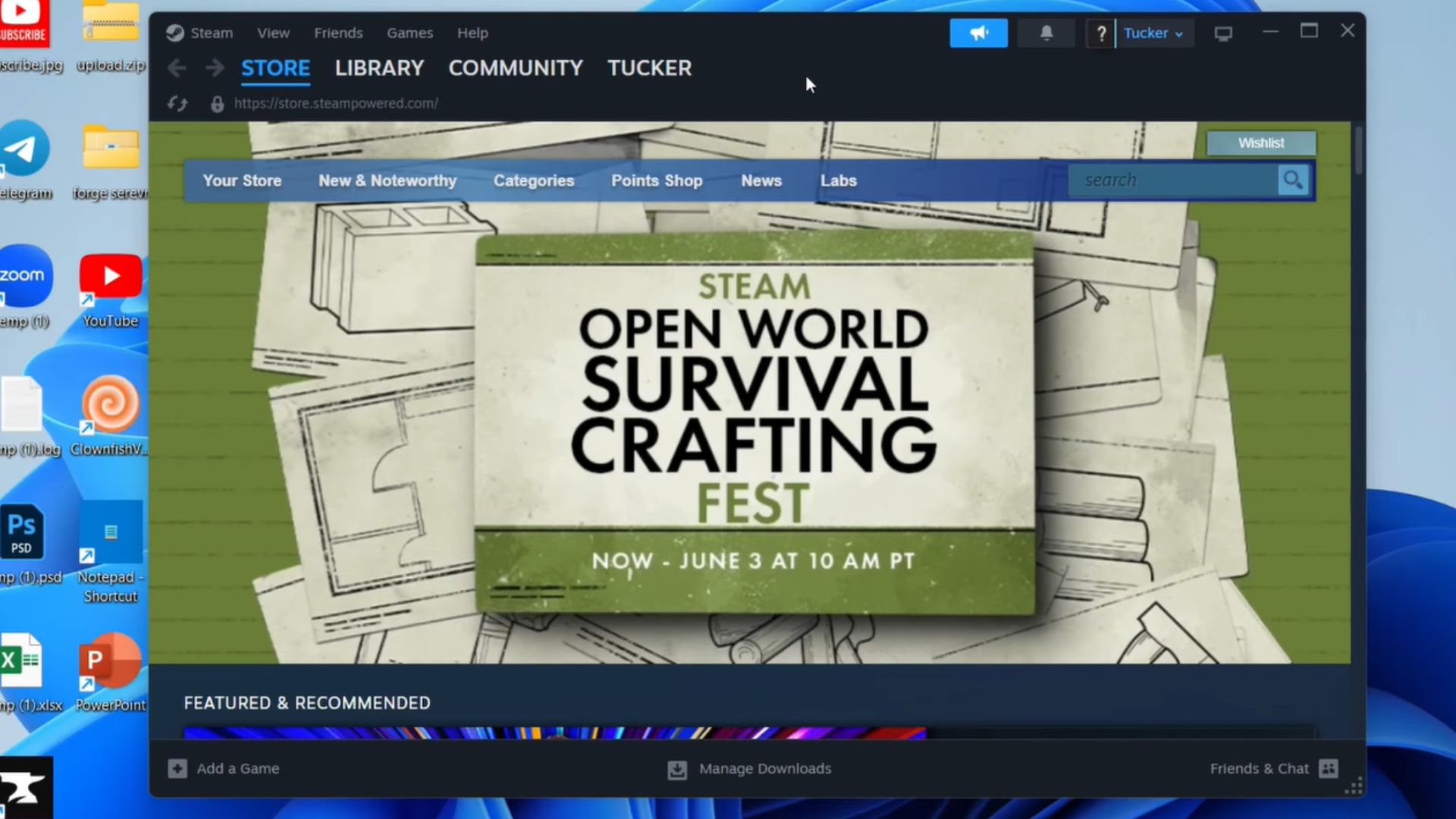 How To Use Steam For Beginners - Full Guide by GuideRealm
How To Use Steam For Beginners - Full Guide by GuideRealm
15. Controllers Work Seamlessly Across Systems
Gone are the days of being locked into single-platform controllers. Today's gaming accessories break free from those constraints, with modern controllers effortlessly connecting across PC, console, and mobile platforms. Even smart TVs now welcome these versatile peripherals.
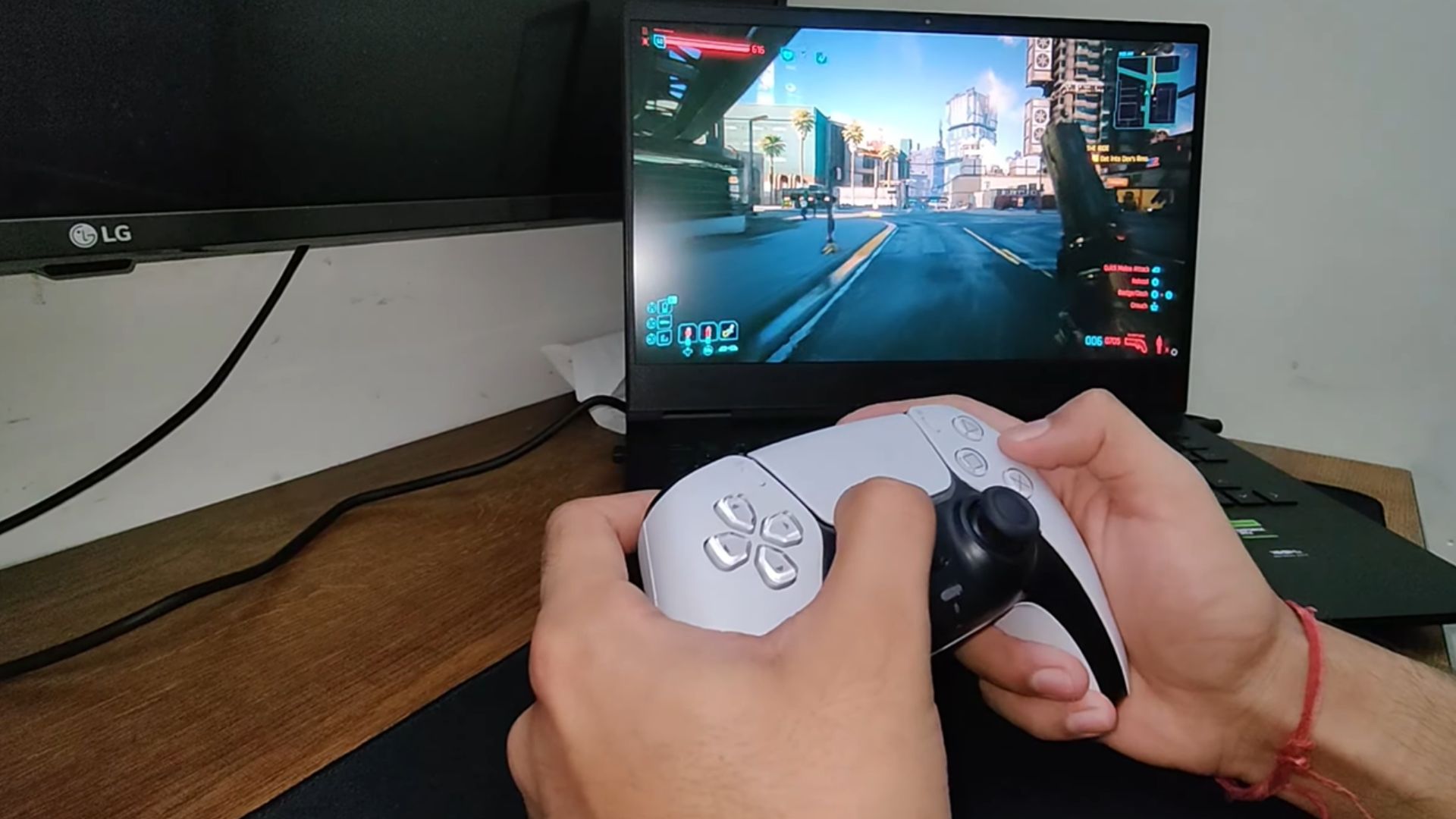 How to use a PS5 Controller on PC (2025) by GamingTank
How to use a PS5 Controller on PC (2025) by GamingTank
16. Hybrid Gaming Redefines Player Access
Hybrid gaming is reshaping how players connect to their worlds, merging mobile convenience with console power. Yet full device continuity remains just out of reach, reminding everyone that true seamless play is still evolving.
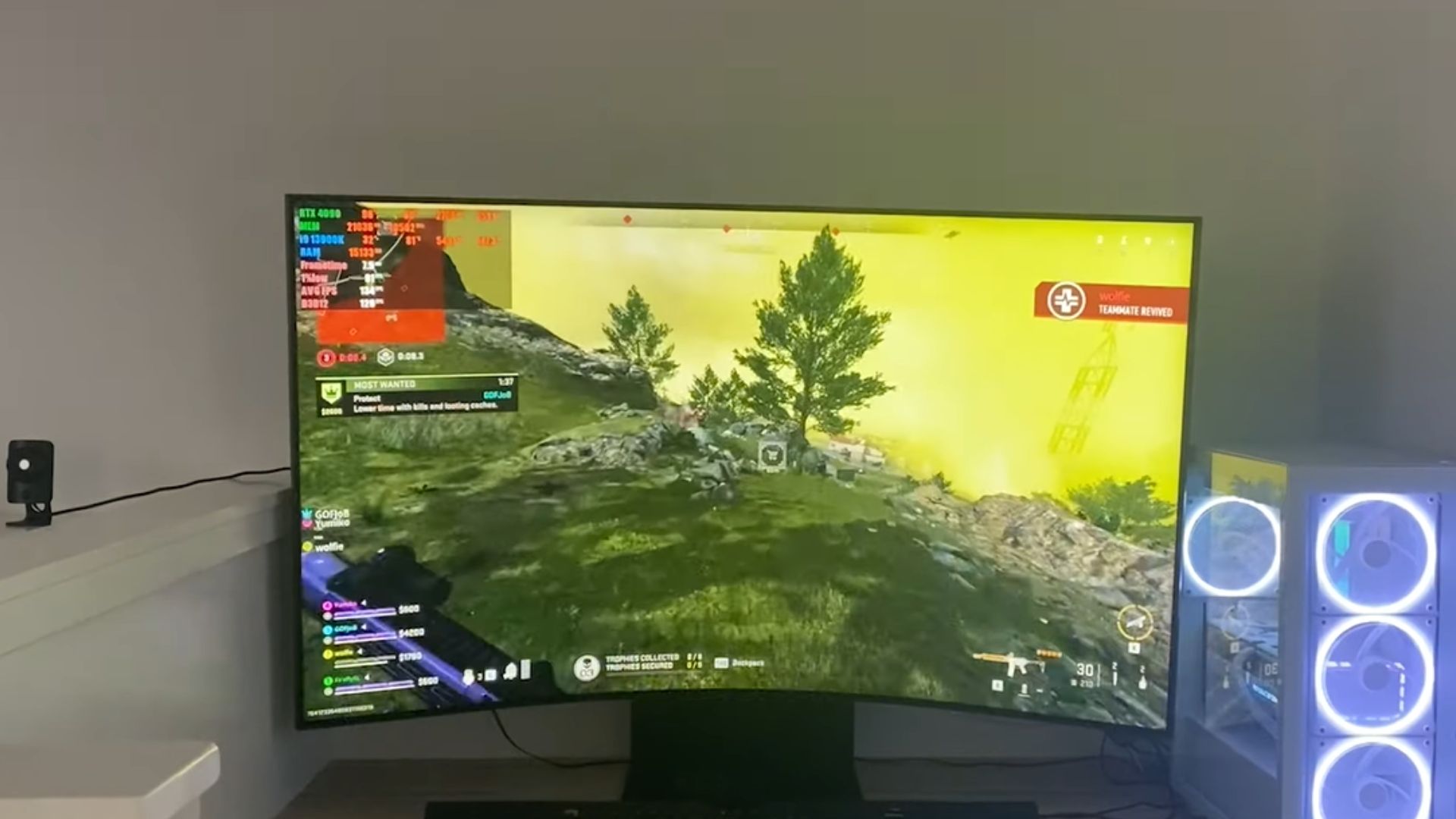 High End Gaming Experience @ Hybrid Gaming by Hybrid Gaming
High End Gaming Experience @ Hybrid Gaming by Hybrid Gaming
17. Game Streaming Apps Arrive On Smart TVs
Traditional gaming setups typically demand substantial hardware investments, yet smart TV technology has fundamentally altered this economic equation. With pre-installed game streaming applications leveraging cloud infrastructure, these TVs deliver console-caliber experiences through Bluetooth controller integration.
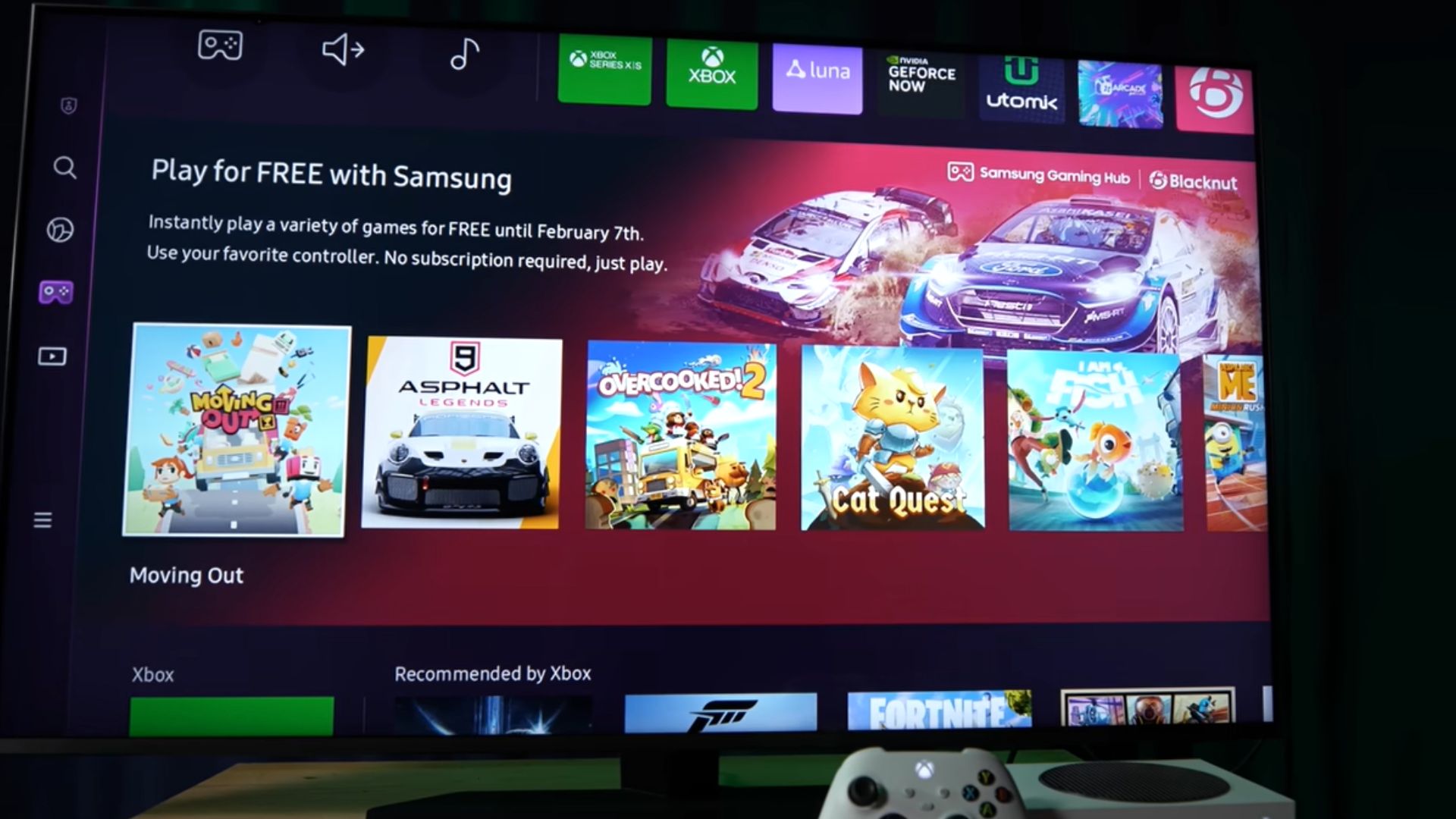 Can the Samsung Gaming Hub Replace An Xbox? by CNET
Can the Samsung Gaming Hub Replace An Xbox? by CNET
18. PC–Console Bundles Gain Popularity
PC–console bundles are quietly converting how players buy and play games. The old model of separate purchases is giving way to shared ecosystems that reward flexibility. Unified bundles let gamers switch between platforms effortlessly, reflecting a shift toward a more connected gaming experience overall.
 Gibralter Is An Absolute DEMON In Ranked - Apex Legends by Albralelie
Gibralter Is An Absolute DEMON In Ranked - Apex Legends by Albralelie
19. Ecosystem Loyalty Replaces Console Loyalty
Device-specific gaming once meant being locked into a single platform's limitations. But today's gaming brands are breaking down those walls, prioritizing ecosystem loyalty. Players now freely move between console, PC, and mobile while maintaining their progression.
20. Executives Downplay Platform Rivalries Publicly
Public statements from gaming executives have taken on a new tone—one of diplomacy over rivalry. By framing success around engagement rather than dominance, these voices signal a shared understanding that the era of console wars is drawing to a close.













